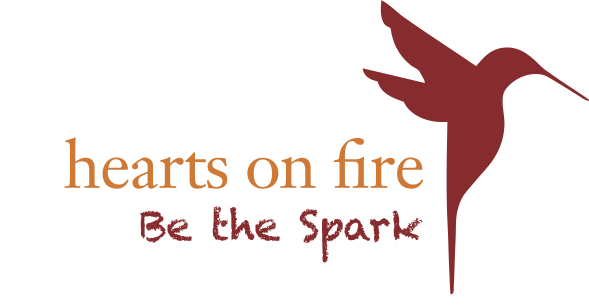DAVID FLINK | EYE TO EYE
Different Way of Thinking
In fifth grade, David Flink faced a humiliating choice. He could either be labeled the dumb kid or the bad kid. He decided to be bad.
“When you can’t focus for the whole day, you end up acting out.”z
David couldn’t focus because, despite his superior intelligence, he had been diagnosed with ADHD, Attention Deficit Hyperactivity Disorder, a label that affected not only his schoolwork but also his self-esteem.
“I was actually a pretty happy kid till second or third grade. But I was a shell of a kid by fifth grade. I thought I was stupid, lazy and crazy. The experience itself was traumatic.”
David’s classroom antics eventually had consequences.
“I got kicked out and went to a school for kids with learning disabilities but it didn’t fix the hardest part of the challenge which was the shame.”
Luckily for David, his parents were his staunchest advocates. With their guidance and his smarts, he earned top grades and was accepted into an Ivy League college.
“When I showed up at Brown University I thought, wow, I think I don’t really belong here. Why do I think that? How can I change that?”
But not only did he fit in, he met other students who were driven by their own painful childhood experiences with learning disabilities such as Dyslexia and ADHD. Together, five of them decided to start a mentoring program for similar students at a nearby elementary school. They called it Project Eye to Eye.
From that small beginning, a seed was planted that would lead to David Flink’s future mission – to improve the life of every person with a learning disability.The result is simply Eye to Eye.
Eye to Eye is the only national mentoring movement that pairs kids who have learning disabilities and attention deficit hyperactivity disorder (LD / ADHD) with college and high school mentors who have been similarly labeled.
Using an arts-based curriculum, mentors help their mentees understand their unique way of learning and thinking, building the self-esteem and skills they need to become self-advocates.
“There’s so much stigma (attached to LD / ADHD) and we’re changing that,” says David.
According to government estimates, up to 20% of the US population has learning disabilities across every age group, socio-economic category, race, gender, sexual orientation, and geography. ADHD alone is costing American families more than $42 billion a year and much more.
“There are societal costs for not reaching all of our kids. We risk losing the innovation of more than one third of our country's future entrepreneurs and small business owners, who are dyslexic and have other learning differences.“
Eye to Eye envisions a world in which people with LD / ADHD are fully accepted, valued, and respected -- not just by society, but also by themselves so that they can apply their unique strengths to whatever they encounter in life.
As an example, David points to his close college buddy, David Hyman, who is dyslexic and was labeled as learning disabled in childhood.
“He was the kid you would have judged most likely to fail. He struggled with reading. His grades were poor.”
Today, he is Dr. David Hyman, a brilliant cancer specialist at the renowned Memorial Sloan Kettering Cancer Center in New York. His pioneering new approach to studying and ultimately curing mutations that cause cancer recently made the front page of The New York Times and other national news outlets.
“A learning problem is not an intelligence problem,” says David. “These children are smart, creative, and capable. However, they think differently, access and process information in an atypical way. That is where opportunity lies, and where we are falling far short.”
Eye to Eye is determined to show that having LD / ADHD is as normal as having blue eyes or brown hair -- yet another aspect of human individuality to be recognized, embraced, and celebrated.
From its launch with five college friends, David says Eye to Eye now operates more than 50 chapters across the country serving thousands of students, while apparently having a positive impact on mentors as well. Eye to Eye says a study from Stanford University finds that the longer a mentor participates in the program, the more likely he/she is to have higher grades, increased confidence in their academic abilities and greater ability to bounce back from setbacks. For David, those results deserve everyone’s attention.
“I love this work, there’s clearly a need I know how to solve.”
David holds a master's degree in disability studies in education from Columbia University and bachelor's degrees with honors in education and psychology from Brown University.
His first book Thinking Differently offers new, powerful strategies for teaching, parenting, and supporting students with learning disabilities.
Watch
Take Action
Eye to Eye trains select students with LD/ADHD to share their stories of challenges and successes with audiences. Find out how you can bring a Think Different Diplomat to your school or community.
You can learn more about Eye to Eye at eyetoeyenational.org. And for more information about David’s book Thinking Differently, visit davidflink.com.



